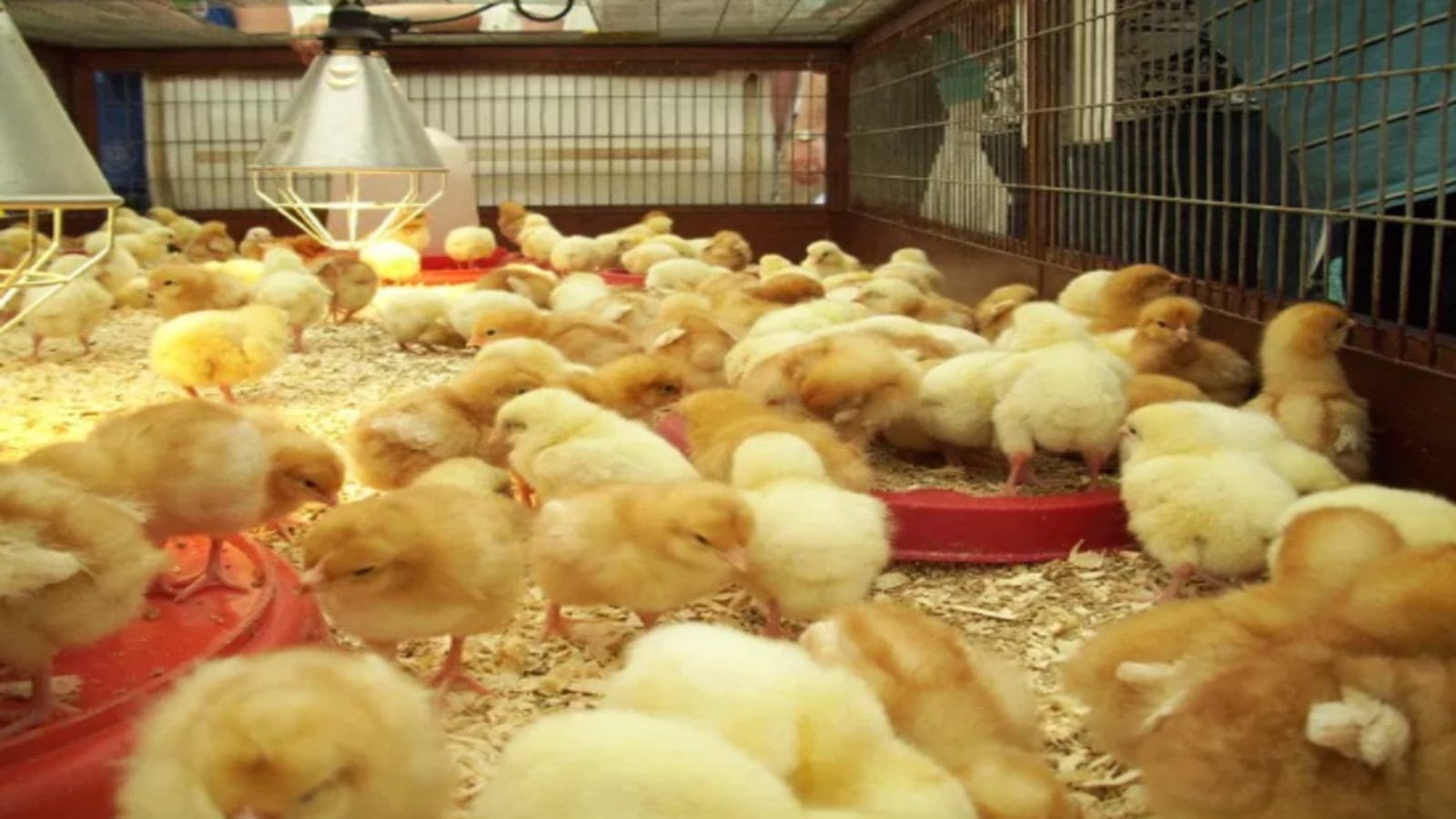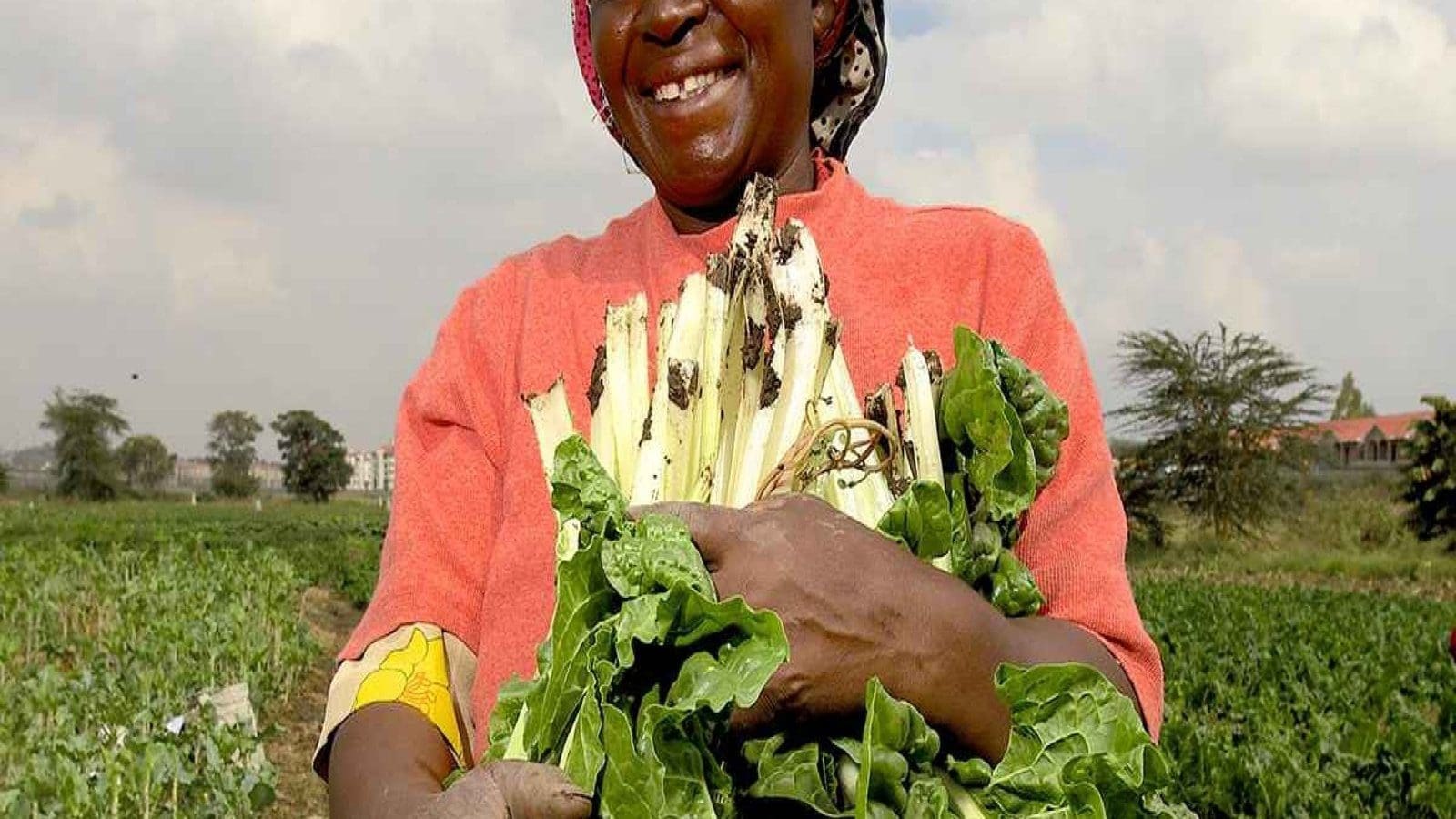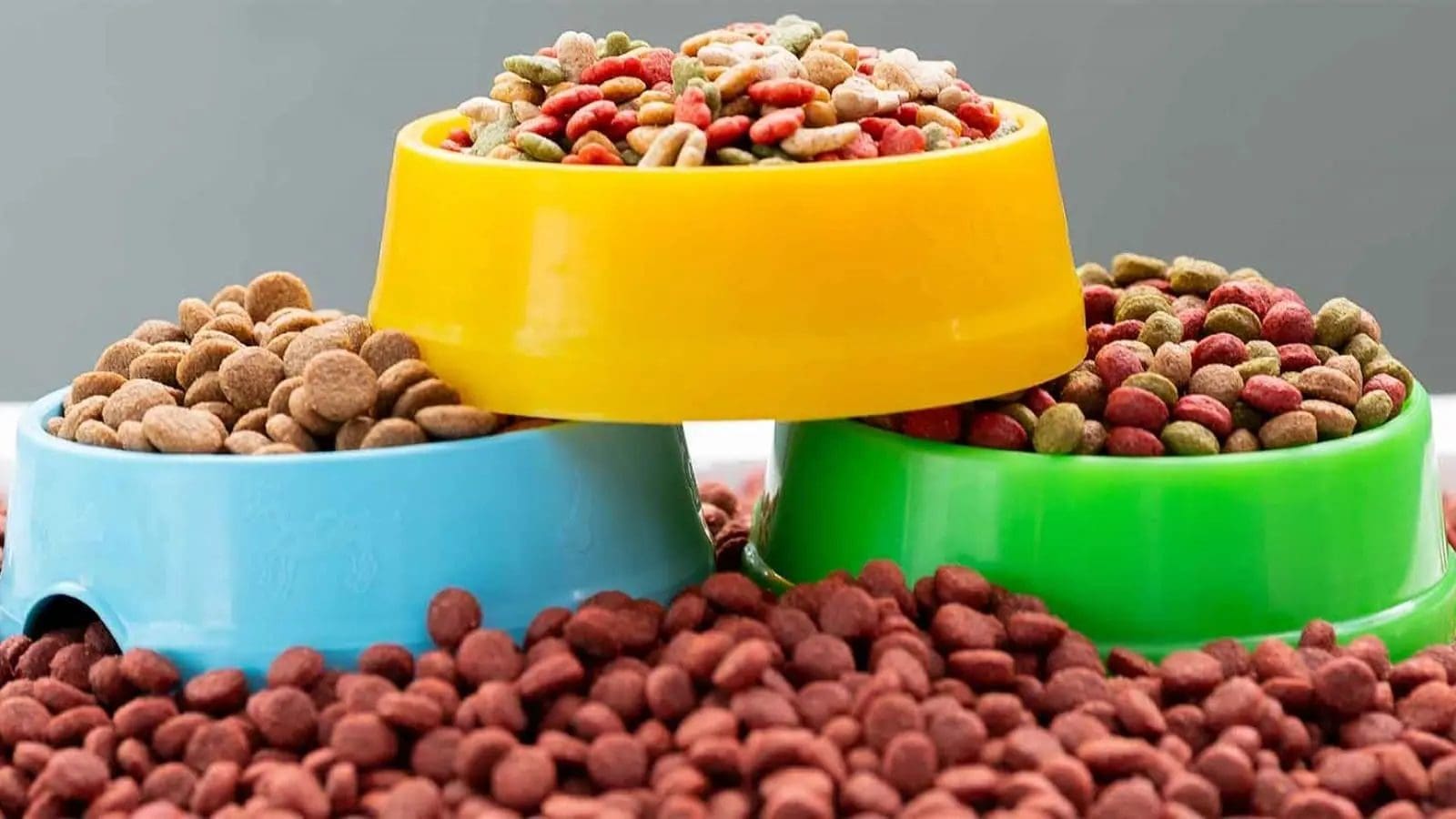NIGERIA – The Nigerian Institute of Animal Science (NIAS) has gathered stakeholders to discuss new standards in the hatchery and breeding sector pushed by the increasing demand for good stocks to produce day old chicks .
Poultry is one of the largest subsectors in agriculture. It has created jobs, empowered small farmers and boosted food security.
Faced with the growing demand for eggs and poultry meat, NIAS met with stakeholders in Ibadan to discuss the new standards for operators of hatcheries and producers of day-old chicks.
The objective was to intimate them on the expectations of the government towards establishing an environment that would support world-class poultry breeding and boost production.
The forum enabled the participants to obtain information on the various aspects of poultry production such as biology and physiology of birds, breeding and rearing systems, nutrition, health, hygiene and food security, environmental impact and product quality.
At the forum, stakeholders expressed the need to certify more producers of pure lines and grandparent stocks of poultry that will be subject to regulation by the government.
The Managing Director, Rostal Resources Limited, Taiwo Adeoye, described poultry producers as the backbone of the agriculture sector noting that farmers had continued to produce high-quality products and kept the industry competitive and resilient despite the myriad of challenges.
Industry faces challenges
To help poultry and egg producers become more competitive, Adeoye, who chaired the occasion, said the industry needed regulations to ensure breeders and hatcheries produced the highest quality day-old chicks.
He said the industry was facing challenges which were not enhancing performance and profitability. While feed and other issues are critical, according to him, the quality of day-old chicks is important to achieving maximum broiler performance.
He said improvement in poultry production was one of the most promising options for Nigerians to gain affordable protein. For the industry, however, he noted that it had not been good news with so many farms closing following rising costs of feed. He said farmers were battling with high cost of procuring day-old chicks and feeds.
Notwithstanding, he noted that the potential in the industry was immense as the sector provided employment to more than 70,000 people.
The Head of Inspection, Nigerian Institute of Animal Science (NIAS), Olufemi Atunbi, said the institute was committed to working with partners to help farmers manage risk. According to him, the institute envisions a stronger sector that supports jobs creation. For him, a successful poultry business revolves around good chicks raised for meat and bred for table eggs.
He noted that providing small-scale producers with better quality chicks would make poultry production more sustainable. He added that increasing small-scale poultry producers’ access to healthy day-old-chicks, would enable them to reduce their production costs, expand their businesses and substantially increase their profit margins.
For the industry to grow, Atunbi suggested that farmers should use good quality parent stocks for the production of day-old clicks.
Need for regulations
While Nigeria is striving to achieve self-sufficiency in poultry production, Atunbi noted that there was the need to improve the quality of parent stock to meet international standards. He said production of parent stock was a highly specialized and resource-intensive business.
To this effect, he said the institute was determined to promote an industry where poultry farmers could benefit from good parent stock produced from world-class breeding facilities.
With the regulations taking place, Atunbi told The Nation, that breeding farms are expected to follow guidelines on hatchery management. To achieve certification, he said the farms must show competencies and produce records on managing bird health, maintaining the correct composition and quantity of feed.
He stressed that the institute seeks to ensure that only certified farms were involved in the production of poultry breeds, pledging the readiness of the institute to collaborate with enterprises on the application of breeding technologies.
“If the industry must succeed, there must be certification of poultry breeders to ensure they supply only high-value stock for poultry meat. It is not going to be business as usual for producers of day-old chicks, as producers must guarantee that birds transported are prepared to arrive their destinations at the peak of physical condition,” he said.
The Deputy Director/Head of Regulatory Affairs, NIAS, Njoaguani Harry Ifeanyi, said for poultry breeding farms, the safe transportation of grandparent stock was critical if the operators must prevent losses which can be significant.
According to him, the well-being and quality of chicks can be compromised by a very weak link in the transportation logistics chain.
Liked this article? Subscribe to Food Safety Africa News, our regular email newsletters with the latest news insights from Africa and the World’s food safety, quality and compliance. SUBSCRIBE HERE








